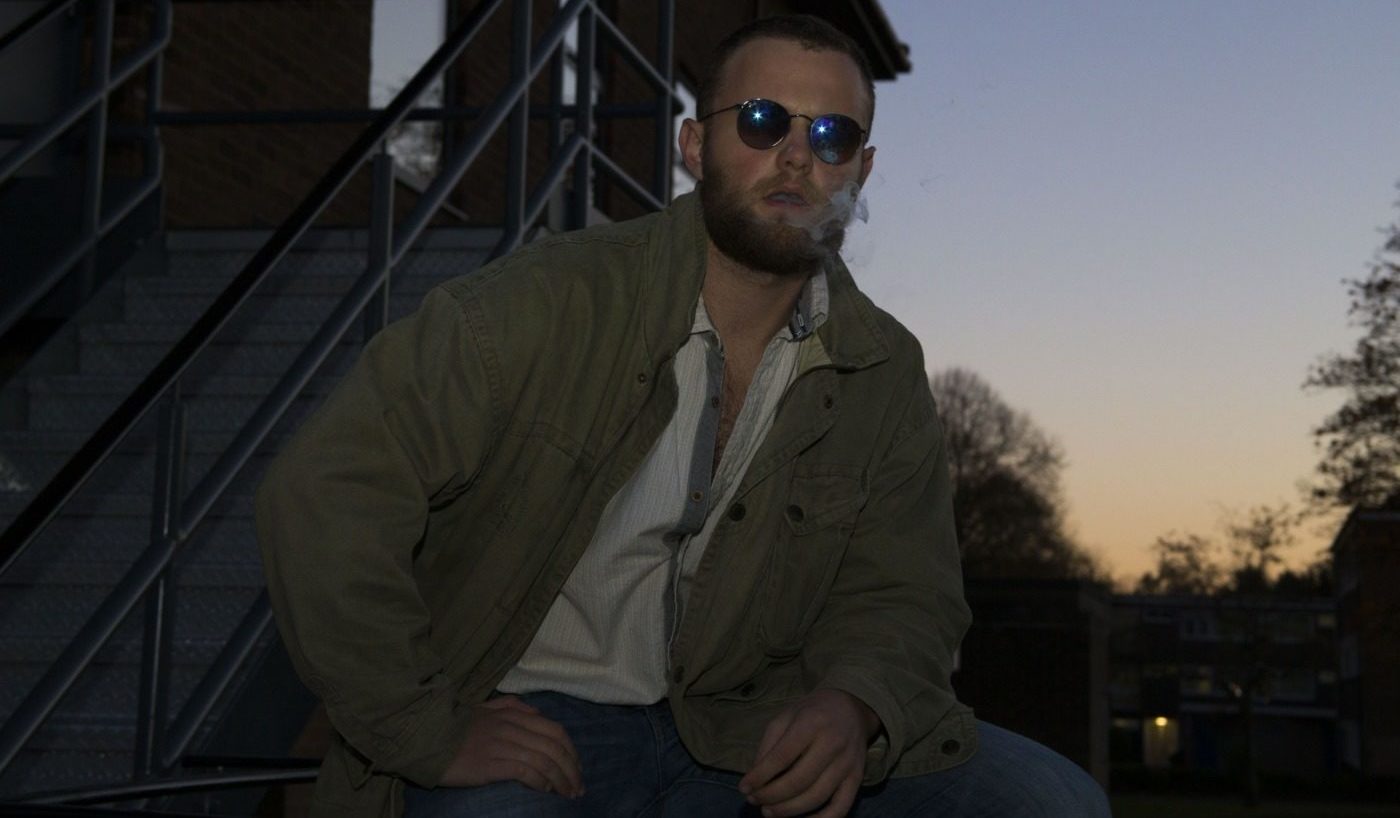“A tragic example of the celebration of youth”: a preview of WUDS’ ‘Woyzeck’
You could be forgiven for not immediately understanding what a 19th century German play about a soldier could have to say about modern youth culture. But WUDS is convinced that university students will be able to relate to its new production of Woyzeck, taking place in the Arts Centre in Week 8.
The play tells the story of one man’s descent into madness (co-director Kate Chalmers considers it to be “Othello in nature”). Woyzeck is “a man abused by higher powers. He suffers from societal oppression, has to do menial jobs to look after his family and eventually spirals into madness.”
Chalmers and co-director Molly Parker, who both studied the play at A-Level, wanted that madness to have a tangible cause. Thus emerged their vision: a Woyzeck grounded in the rave culture of ’90s London.
“The play is a celebration of youth and how the youth take control of themselves and their place in society,” Parker explains. “That is what ’90s rave culture was – a way for youth to express themselves and have a voice.
“The play is a celebration of youth”
“In 1994 a law was passed that illegalised rave. It took away the youth voice by stopping them from gathering together. So they retaliated by doing it more.
“The rave culture context gives the actors a grounding so they have a reason to go mad. Drugs are the catalyst for the dramatic action of the play.”
George Chopping, playing Woyzeck, charts the progression of his character: “His drug use starts as recreational and then becomes dangerous, an addiction. It’s an escape from the events he’s facing.”
“There’s a sense of not winning,” Chalmers adds. “It’s a tragic example of the celebration of youth.”
“The rave culture context gives the actors a grounding so they have a reason to go mad”
They believe that Woyzeck is an everyman. “This is a forewarning of what can happen. It poses the question of whether youth taking control is a positive or negative thing. But this story is just an example – the play does not have an overarching political message.”
The directors have introduced a Brechtian multi-role character to present the narrative which they hope will “makes the story transferrable to anyone.” Similarly, they are employing a seven-person ensemble who will “represent the group of youths. Woyzeck is just the one individual we’ve chosen to focus on.”
Chalmers cites Trainspotting and Shopping and Fucking as artistic influences on their production. The two are “based in 90s contemporary culture. In the Hammersmith Lyric production of Shopping and Fucking, the technology and costumes were done in a very stylistic way that picked up on the vibrancy of the ’90s. That has fed into our visual aesthetic, and our mixture of naturalistic acting and more stylistic moments.
Woyzeck is an everyman
“With Trainspotting, it’s the gritty narrative and the downfall for the characters. And obviously the drug culture.”
But, unlike Trainspotting, we won’t be watching hopeless addicts without a purpose. Parker is eager to clarify that “these people do drugs because they love it, because it gives them something. And that is an accurate representation of what was going on in the ’90s – they weren’t moaning, they were high as kites, fixated on what was happening to them.”
It is a bold recontextualisation of the play, but one which Chalmers believes they have made “watertight”. The original army setting has been updated to focus instead on police corruption which “hasn’t been too hard to facilitate. We’ve approached it like a Shakespearean text, leaving it up to the audience to interpret it in a modern way. What they’re seeing should make sense.”
It is an accurate representation of what was going on in the ’90s
So how do they think university students will respond to the “fragmented, episodic” text? “It’s hard to take one thing away from this show,” Chopping ponders. “There are so many themes, the audience will be able to relate to it in some way, whether that’s the political undertones or the relationships between characters.”
Parker hopes that the audience will “think about their own voice and the circumstances of rebellion. Do we have as much of a voice as we’d like to believe?”
Chalmers is blunt that people will have “different reactions, and some people won’t like it. It’s not a play to entertain or that you can just sit back and watch passively. You have to be engaged with it.” If the fluency of the production can match that of its directors, Woyzeck will certainly be a show to provoke conversation.
Woyzeck is at Warwick Arts Centre from 21-24 November. Tickets are available here.

Comments
Comments are closed here.